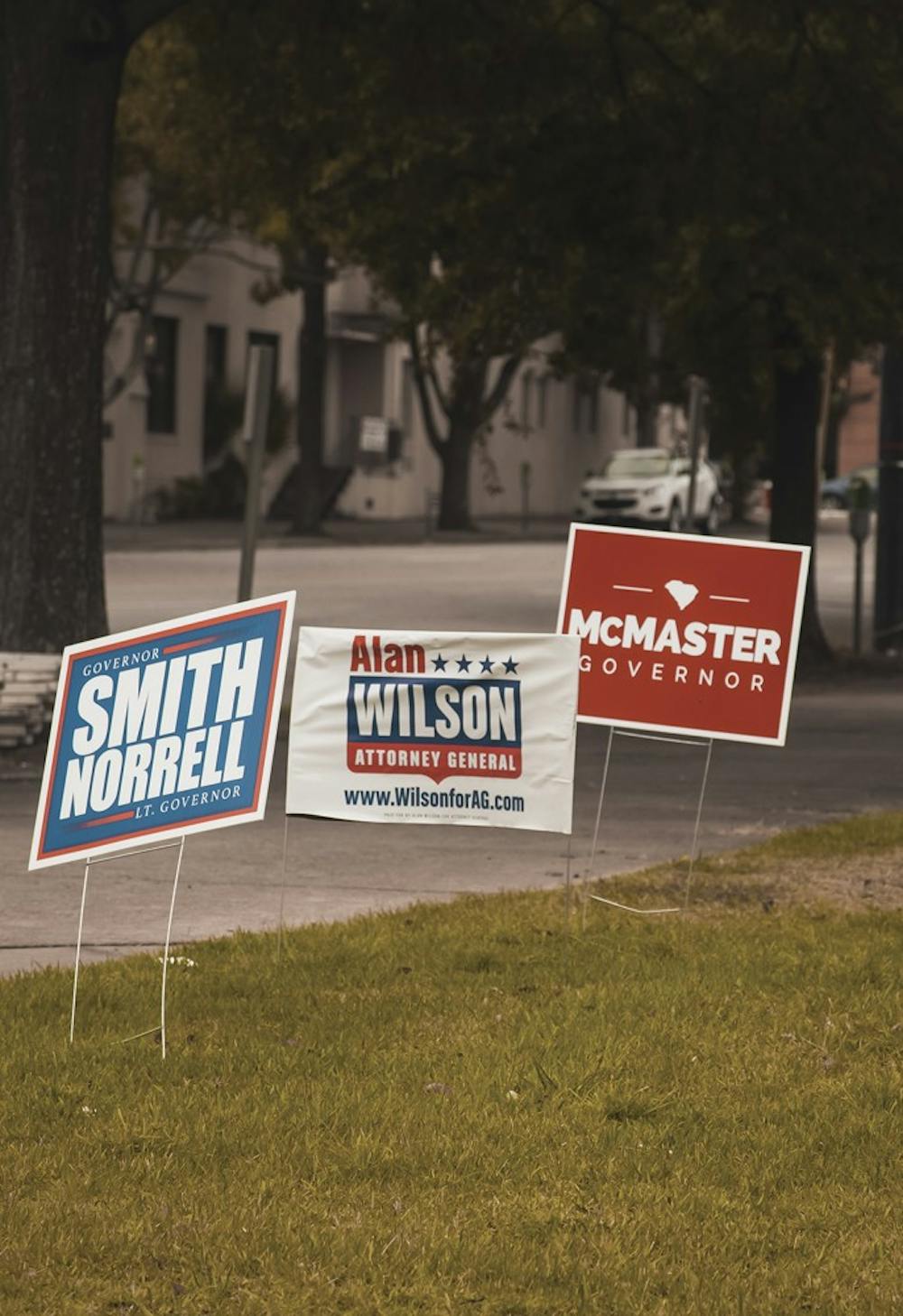Photo by Alyssa Willey
Voter turnout in the United States has only rarely been great. Since presidential election voting turnouts started being measured in 1828, turnout exceeded 80 percent of the voting-eligible population in just three presidential elections. In fact, since 1904, there hasn’t been a presidential election with a turnout greater than 70 percent. Fast forward to 1972 and that ceiling becomes 60 percent.
These pitiful numbers only get worse as you move to smaller-scale elections. A recent NPR report noted: “For every 10 adults eligible to vote, only about four cast a ballot in the 2010 and 2014 midterm elections.”
The “reasons” not to vote are numerous and seem to grossly outweigh the clichéd pro-voting argument: “Voting is your duty as a citizen.” This is at least true at face value, but perhaps there are more nuanced reasons why you should head to the polls on election day.
The first is particularly obvious given the abysmal turnout numbers noted earlier. With anywhere from 40 percent to 50 percent of eligible voters voting in modern, national elections, the outcome of elections is essentially being determined by a politically active minority. Consider that the 2016 Presidential Election shifted in favor of Donald Trump as a result of roughly 80,000 votes across Wisconsin, Pennsylvania, and Michigan. This combined total of 80,000 votes resulted in 46 electoral votes going to the Republican candidate, which handedly determined the election’s outcome.
Each of these three states had voting turnouts of less than 70 percent. Had the remaining 30 percent turned out the vote, the outcome of the election could have been very different.
Okay, so maybe you still don’t think your one vote would have resulted in any difference in any given election, but consider the 2017 election for the 94th District of the Virginia House of Delegates. The race initially resulted in a victory for the Democratic candidate. The margin of victory? One vote. Not one percent of the vote, but one single ballot. A panel of three judges triggered a recount, which led to the committee declaring the race a tie.
Rather than holding another election, though, the outcome of the race was determined by a panel drawing one of the two candidate’s name out of a bowl. In this case, any one of eligible voters who didn’t vote could have awarded the election to the candidate of their choice.
While scenarios like that one are extraordinarily rare, it is nevertheless true that many local elections are determined by a margin of hundreds of votes, even when the voter turnout leaves thousands who could have voted that did not. The idea that your vote doesn’t matter has damaging effects when it sets in among millions of people.
Politicians pay close attention to the voting blocs that elected them (as well as the ones that tried to elect their opponent). People younger than 45 have the worst overall voter turnout. Do you ever feel like issues of social security and Medicare are much more thoroughly legislated than issues like student loan debt and post-collegiate employment? Many elections see such low turnout by college-aged voters that the winners bear no risk dismissing their concerns.
Apathy isn’t the only reason that people do not vote, though. Many people don’t bother with voting simply because they have no idea what they need to do in order to vote, or when they need to do it by. This year, in South Carolina, the deadline to register to vote online is Sunday, October 7. Election day itself is Tuesday, November 6.
If you need transportation to the polls, Lyft is offering free and discounted rides on election day. Employers are oftentimes willing to let employees off to go vote, so if you have work, be sure to check with your supervisor. If you cannot make it to the polls, you should consider voting via absentee ballot.
Poor voter turnout is itself a reason to think your vote counts more than it would initially seem.



